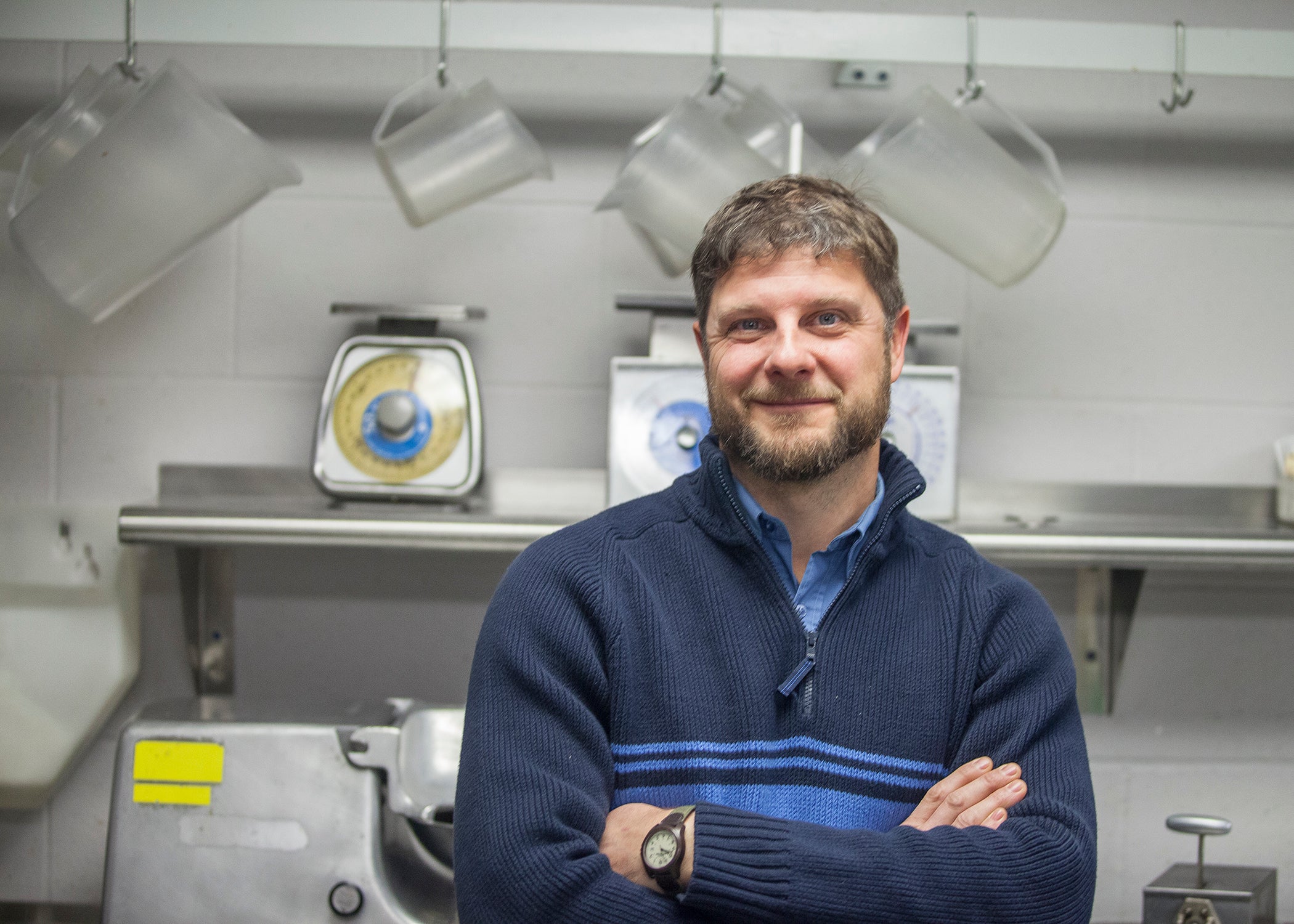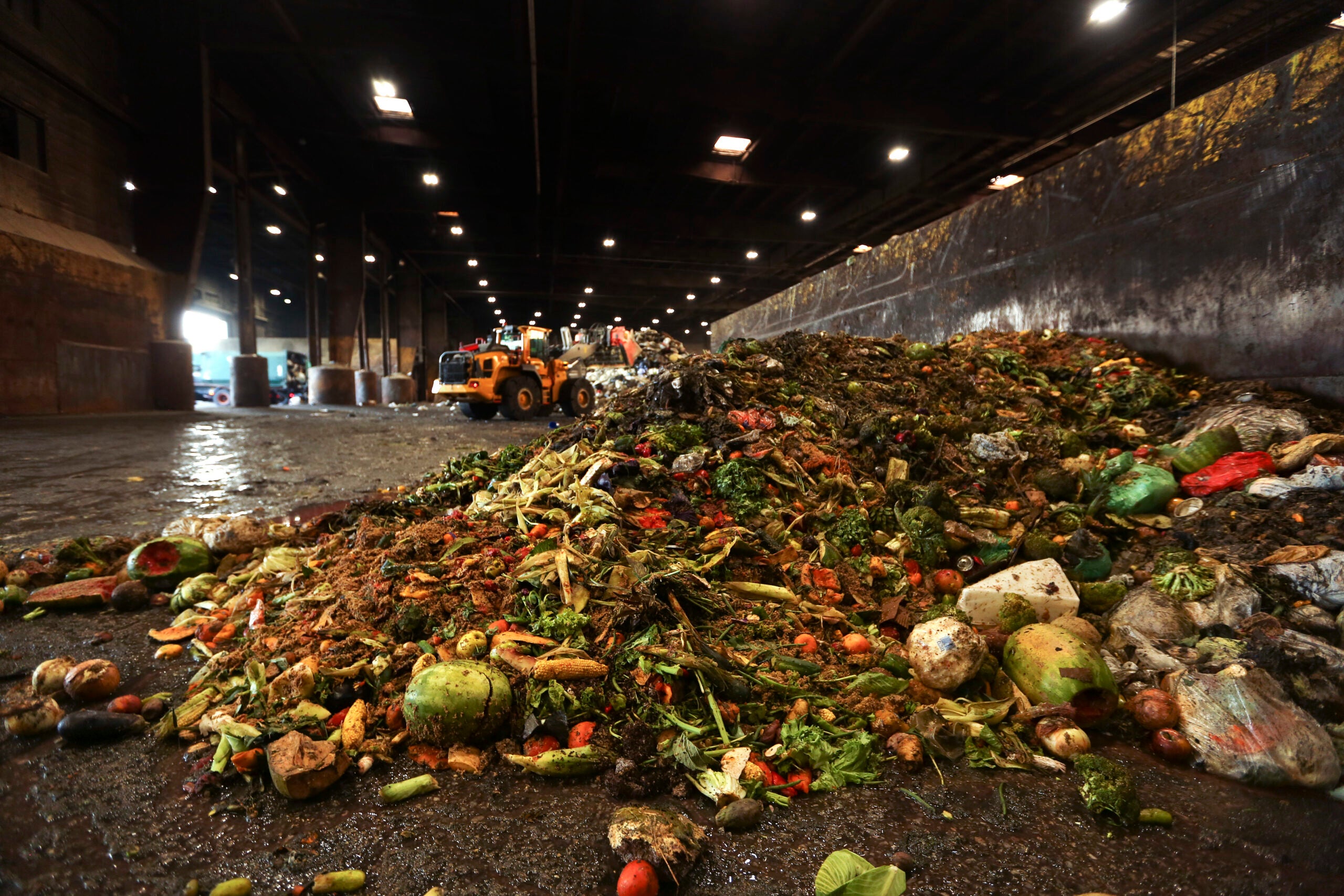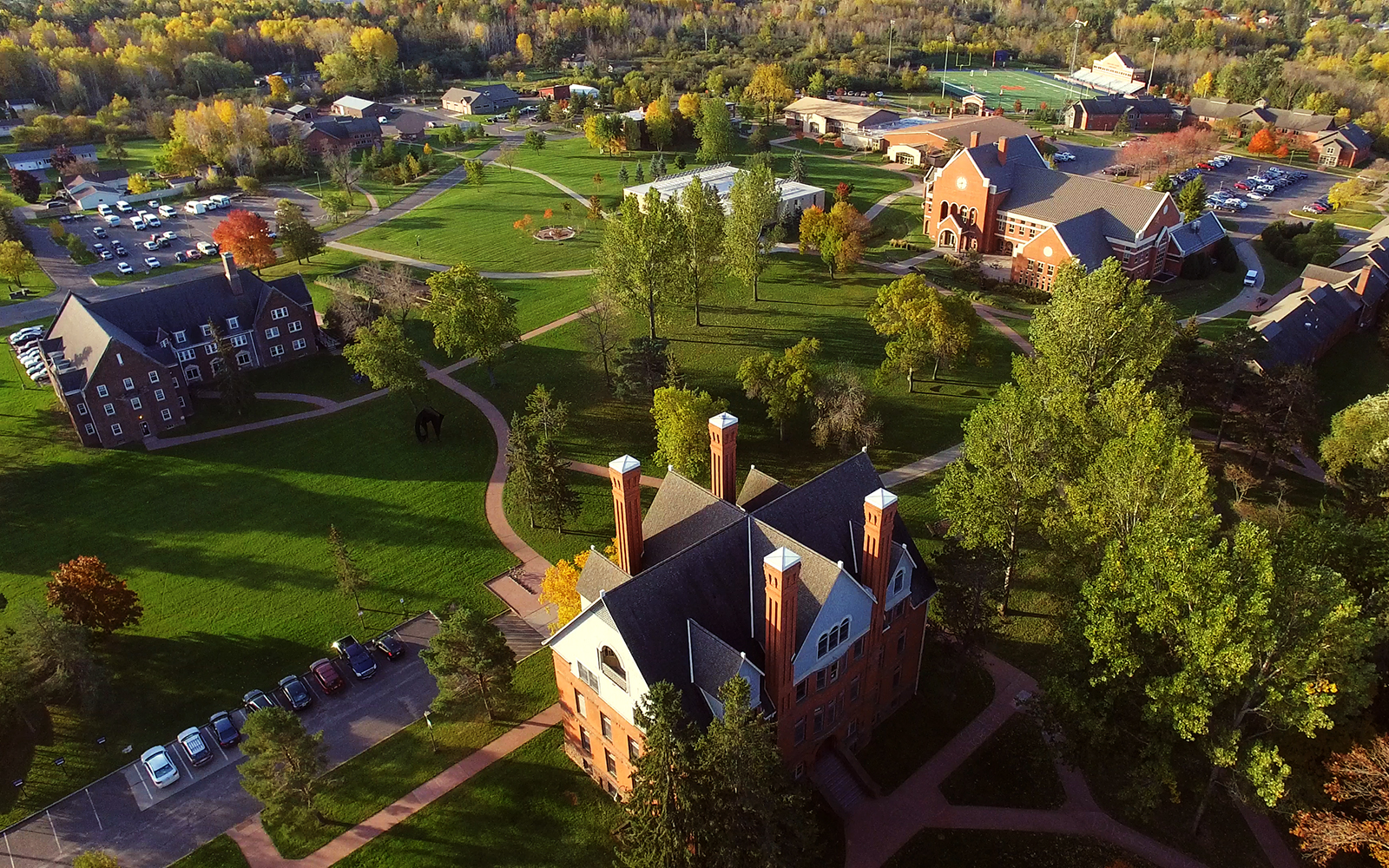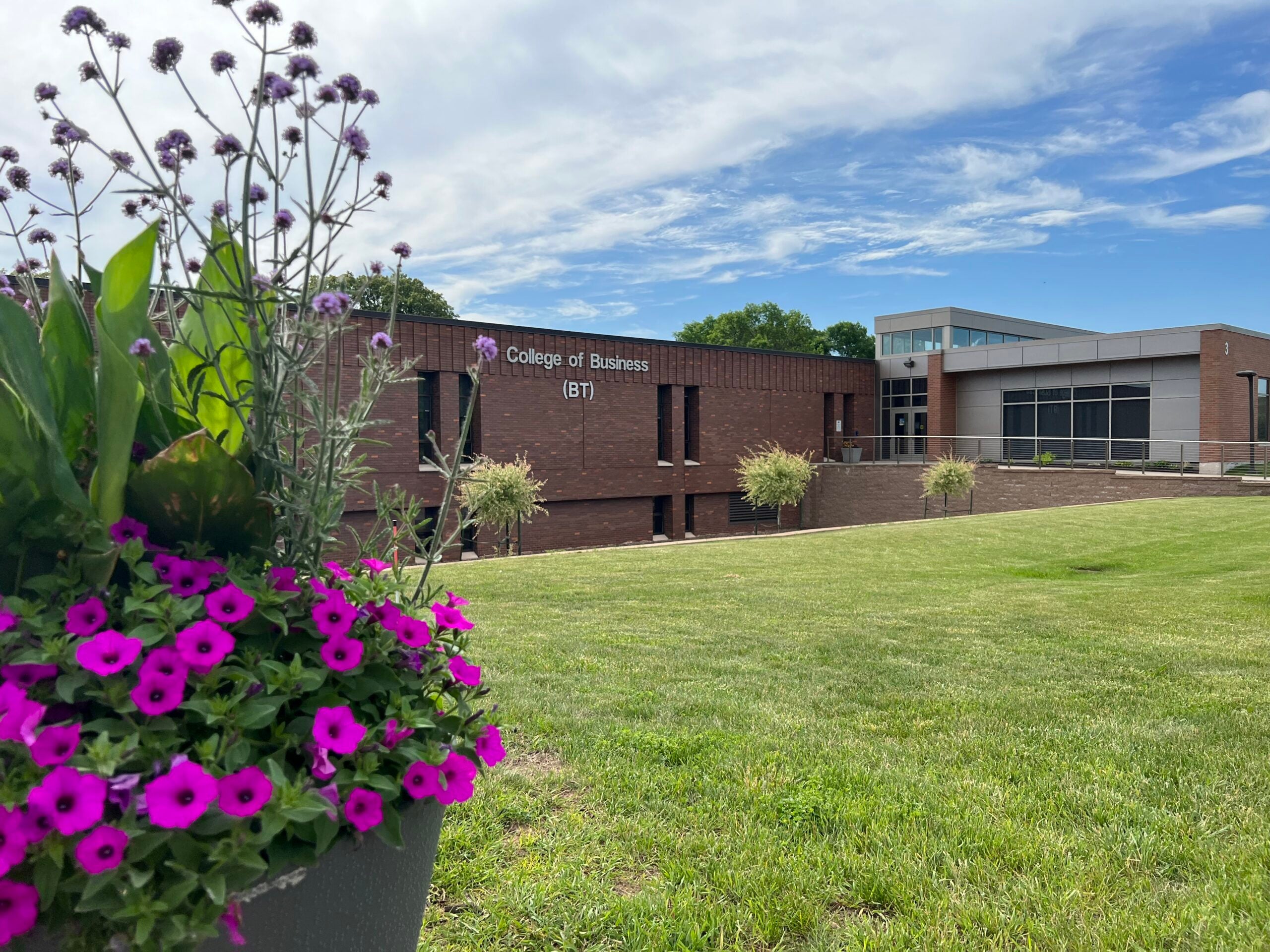Northland College in Ashland wants 80 percent of the food served in its cafeteria to come from local growers, and to help reach that goal the campus has opened a food systems center expected to help support regional growers by using and processing local foods.
Northland College launched the Hulings Rice Food Center on campus earlier this year. The center includes a processing kitchen to prepare produce for the winter months, said center manager Todd Rothe.
“We’ll start receiving product right from farms, so mostly vegetables (and) a small amount of fruit as well from Bayfield,” he said. “Then, we’ll be washing and cleaning the vegetables (and) chopping them into serving sizes and freezing them by use of a blast freezer. After that, they’ll get vacuum-packed and stored for winter.”
Stay informed on the latest news
Sign up for WPR’s email newsletter.
The center is important because of the region’s short growing season.
“It’s a way that we can capture the products when they’re available in season, and preserve them and make them available during winter months when you normally can’t find those fruit and vegetable products,” Rothe said.
Rothe hoped the college would be able to reach its goal of 80 percent local food within the next year. Last fall, the college obtained around 46 percent of its food from local growers.
The center will be able to freeze up to 300 pounds of food each day and focus on processing local food for the college cafeteria this fall, Rothe said. But the center plans on offering the processing kitchen to area growers next year so they can preserve food for sale.
“We can also provide the service for somebody,” he said. “If they don’t want to train their own staff to come in and do the work in the kitchen facility, they can hire us — our staff — to do the work them.”
The college would charge a fee on an hourly, monthly or annual basis for people to use the facility.
The center works best for growers who are looking for a processing facility rather than storage, Rothe said.
“It’ll work really good with the Bayfield Foods Cooperative because we already have our own facilities,” he said. “This group of farmers can take their products there, preserve them and bring them back to their own facilities for storage.”
Wisconsin Public Radio, © Copyright 2024, Board of Regents of the University of Wisconsin System and Wisconsin Educational Communications Board.





